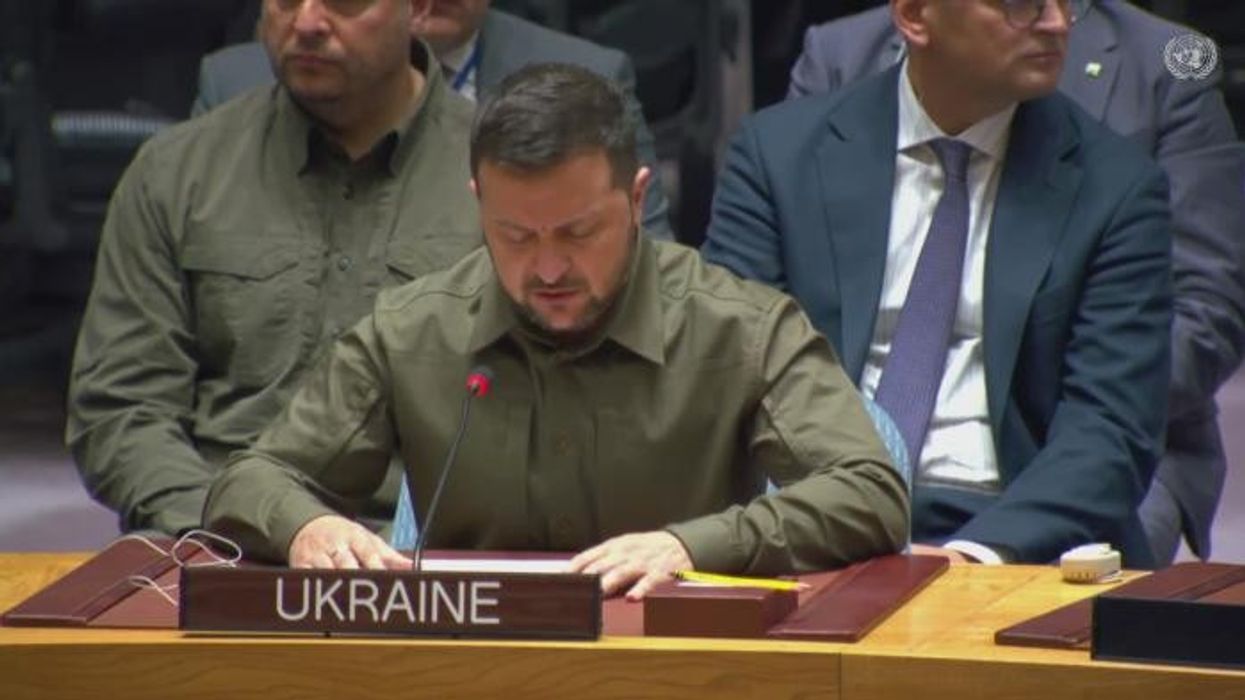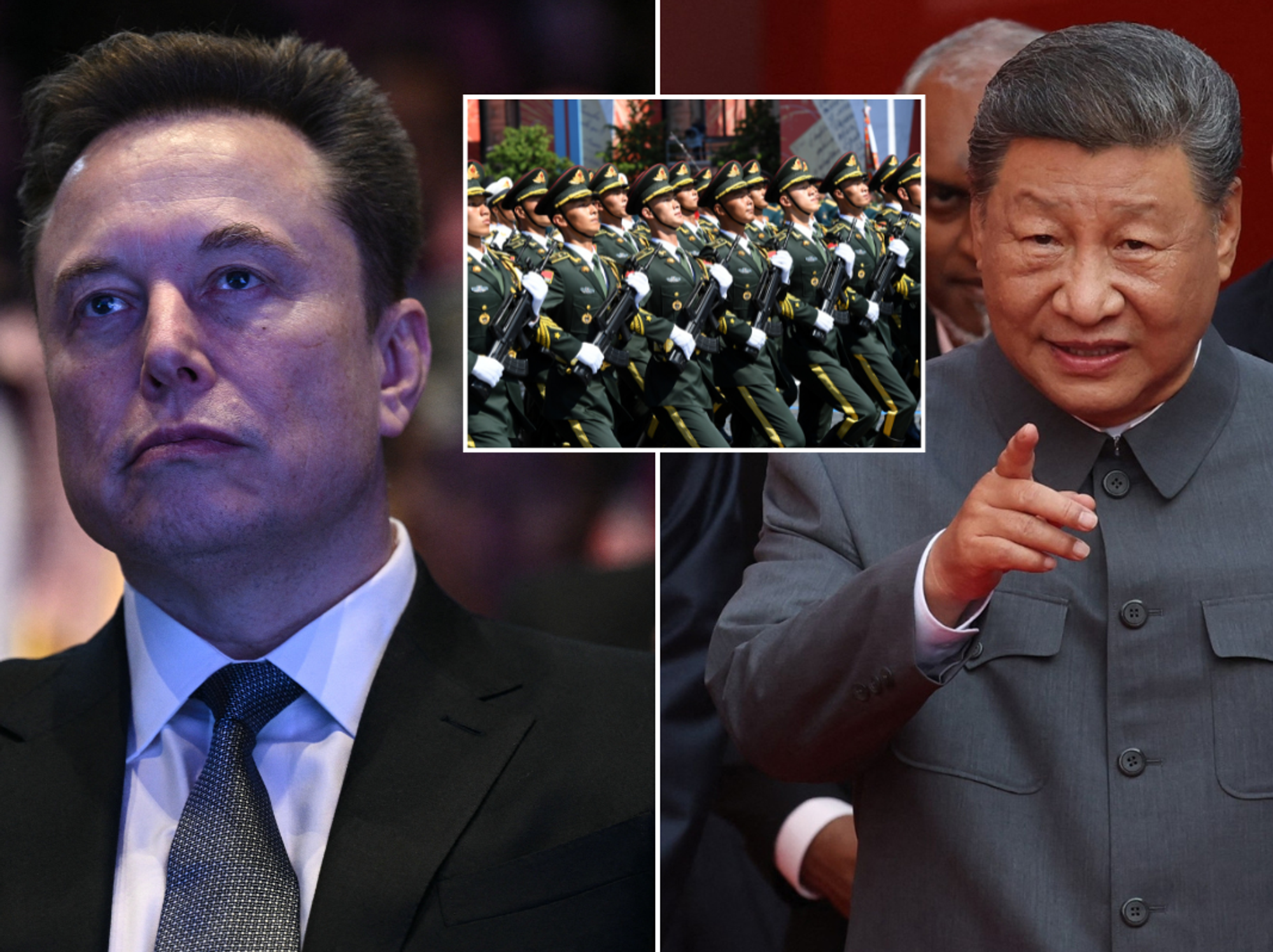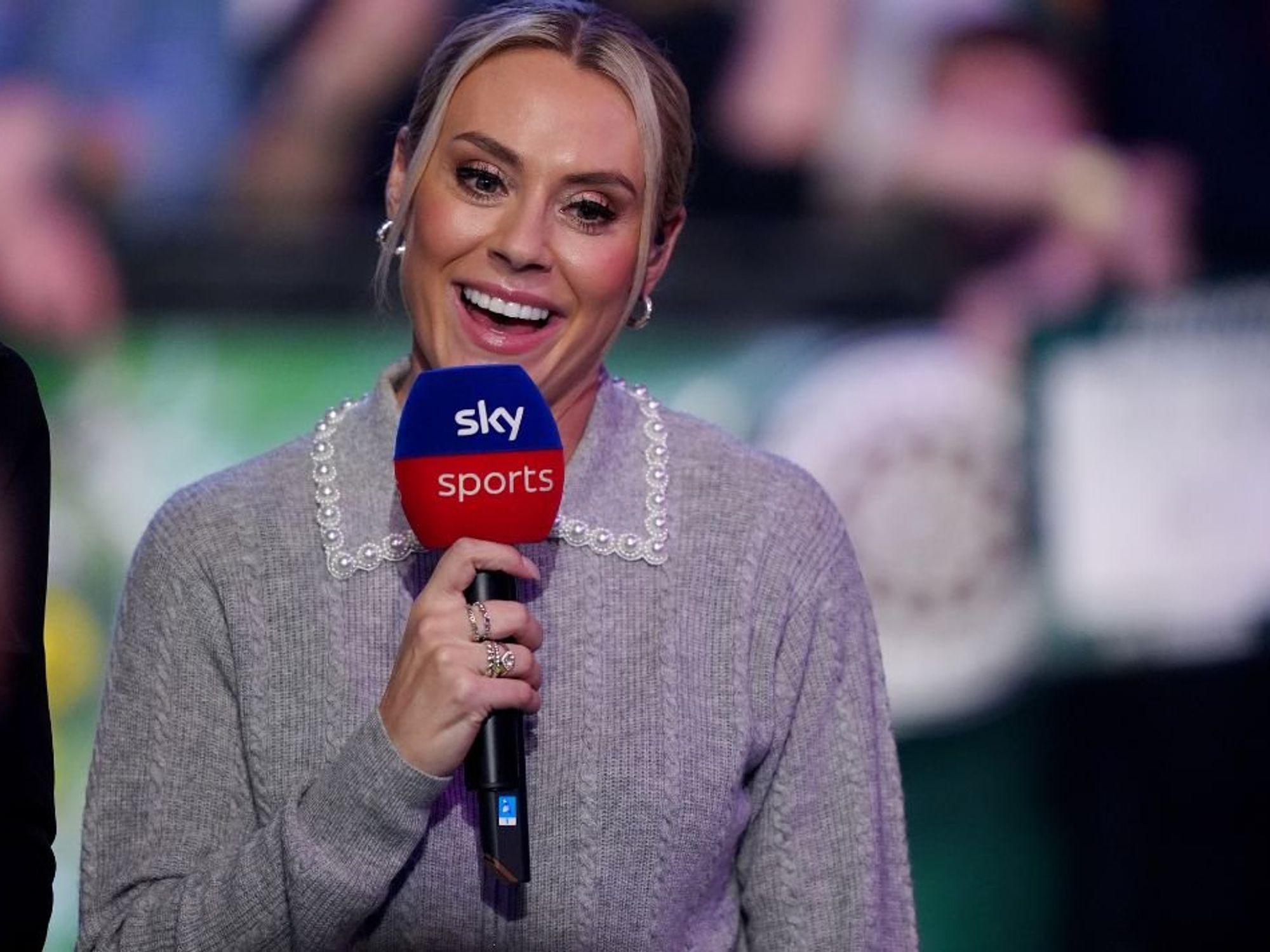Did NATO ever REALLY want a quick and decisive victory for Ukraine? - Mark White analysis

Mark White is GB News' Home and Security Editor
Don't Miss
Most Read
There are no good wars. But the conflict in Ukraine is the very worst kind. The type of attritional warfare the continent of Europe believed it had left behind long ago.
From World War One style trench warfare along the battle fronts, to the daily toll of missile, drone and artillery strikes on Ukraine's civilian communities.
And after almost three years, that relentless bloody slog continues to grind on.
The cost on both sides has been massive. Western military intelligence believes Russia alone has suffered more than 700,000 casualties.
Recent months have been some of the bloodiest, with estimates that Russia has been losing an average of 1,500 troops each day, either injured or killed.
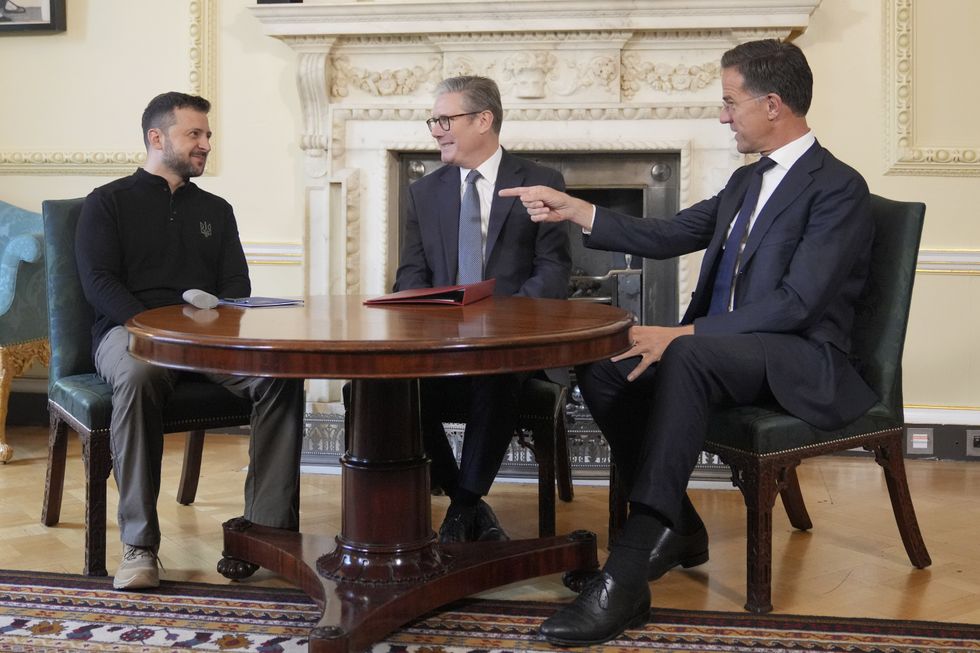 NATO General Secretary Mark Rutte, with Keir Starmer and Ukraine's President Zelensky | GB News
NATO General Secretary Mark Rutte, with Keir Starmer and Ukraine's President Zelensky | GB NewsThe Ukrainian Government won't publish the number of its troops killed or injured. But the civilian death toll is measured in the tens of thousands.
Ukraine's Western allies are regularly seen indulging in a spot of mutual back slapping, congratulating each other at summits or occasional visits to Kyiv, proclaiming their steadfast support for the embattled nation.
But in truth, Ukraine's political and military leaders feel they've been made to fight throughout with one hand tied behind their back.
They're right! At every step of the way since Russia's invasion, Ukraine's desperate calls for military support, for different weapons systems, have been met with prevarication and delay.
We saw it first with heavy artillery, then tanks, fast jets, and now long-range missiles.
Many months pass of debate and discussion, before Ukraine eventually gets the systems they so desperately need. Not enough to make a decisive difference on the battlefield, but just enough to keep them in the fight.
It seems cruel, and counter-intuitive if you really support Ukraine, why not give them everything they need in a timely manner, to start making a real difference on the front line?
Perhaps the UK, more than most countries, can hold its head up when it comes to Ukraine.
Following Russia's invasion and annexation of Crimea in 2014, and its de facto takeover of parts of the Donbas, in eastern Ukraine, the UK was already arming and training Ukrainian forces.
And after Putin sent his troops in en masse in 2022, Britain was front and centre of efforts to persuade other countries to step up their support.
Then British Prime Minister Boris Johnson was the first major western leader to visit Kyiv after the invasion, as the Capital was still under significant threat of attack.
The UK was first to supply anti-tank missiles, in the face of some opposition.
It was first to supply its Challenger Tanks, which forced the hand of other nations, like Germany, Poland and the US to provide the Ukrainians with tanks.
The US in particular felt bounced into agreeing that fast jets could be supplied to Ukraine, after Britain began training Ukrainian pilots in fast jet operations.
And most recently, it was the UK that pressed hard for the America to allow Ukraine to use Western supplied long-range missiles on Russian soil.
In the dying days of the Biden Presidency, Ukraine has finally been given permission to use US supplied long range missiles on Russian soil.
But once again, with limitations. They can only be used in Russia's Kursk region, where Ukraine is fighting a Russian counter offensive, to take back the territory Ukraine now controls after an incursion into Russia in recent months.
The US has also agreed that Ukraine can use anti-personnel mines within Ukrainian territory, something Kyiv has been calling for for a very long time.
I'm not big on conspiracy theories. But I find it increasingly difficult to argue against those who claim NATO leaders never really wanted a quick and decisive end to the war in Ukraine.
That for them, the better outcome has been a deep attritional war, which has tied Russia down for years, vastly depleting its military capabilities, and reducing the threat it poses to the wider World.
Add to the mix, the impending Donald Trump presidency, and these are deeply worrying and uncertain times for Ukraine.
President elect Trump has boasted he can end the war in 24 hours.
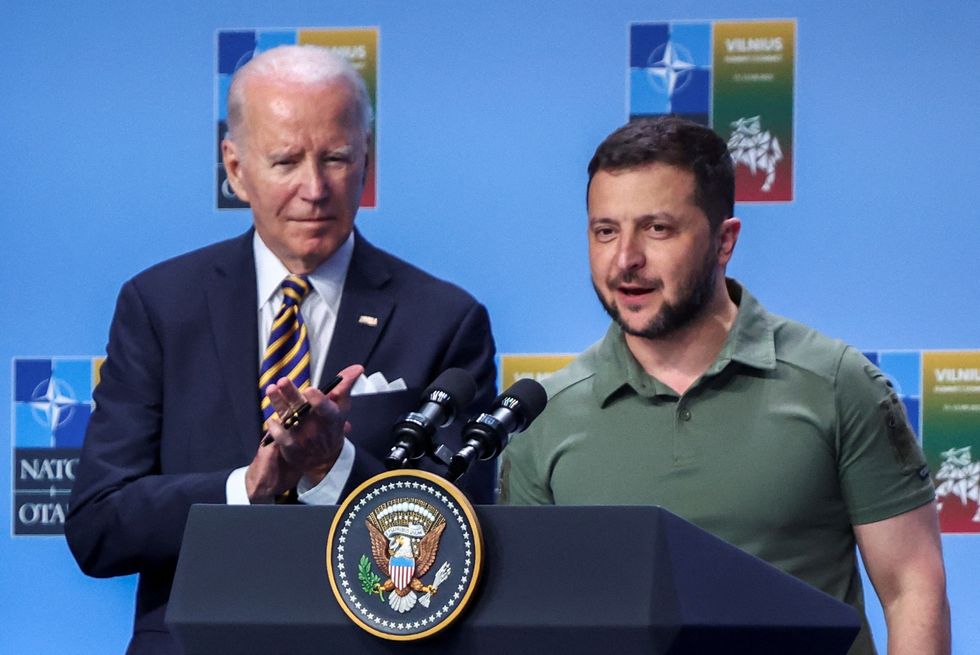
Zelensky with Joe Biden
| ReutersBut what would that mean for Ukraine...negotiations that would almost certainly result in them losing the territory already seized, either directly to the Russians, or under the stewardship of peacekeepers under some form of autonomy.
In the meantime, Ukraine's allies are continuing with their support for the embattled nation.
The UK has trained some 50,000 Ukrainian troops over the past two and a half years.
Twelve other nations are now also involved in offering training to Ukrainian personnel. The UK and several other countries have committed to Ukraine's long term security.
But can they really go it alone if the US withdraws its support?
Perhaps Donald Trump is exactly what's needed to bring an end the misery inflicted by this protracted conflict.
NATO has certainly benefitted with an emboldened alliance ever since the invasion, and a vastly weakened Russia.
But for Ukraine, any resolution is likely to be hard to swallow, if Russia is allowed to keep territory it seized.
It may well be the price they have to pay, for an end to the war that has ravaged their country for so long.


